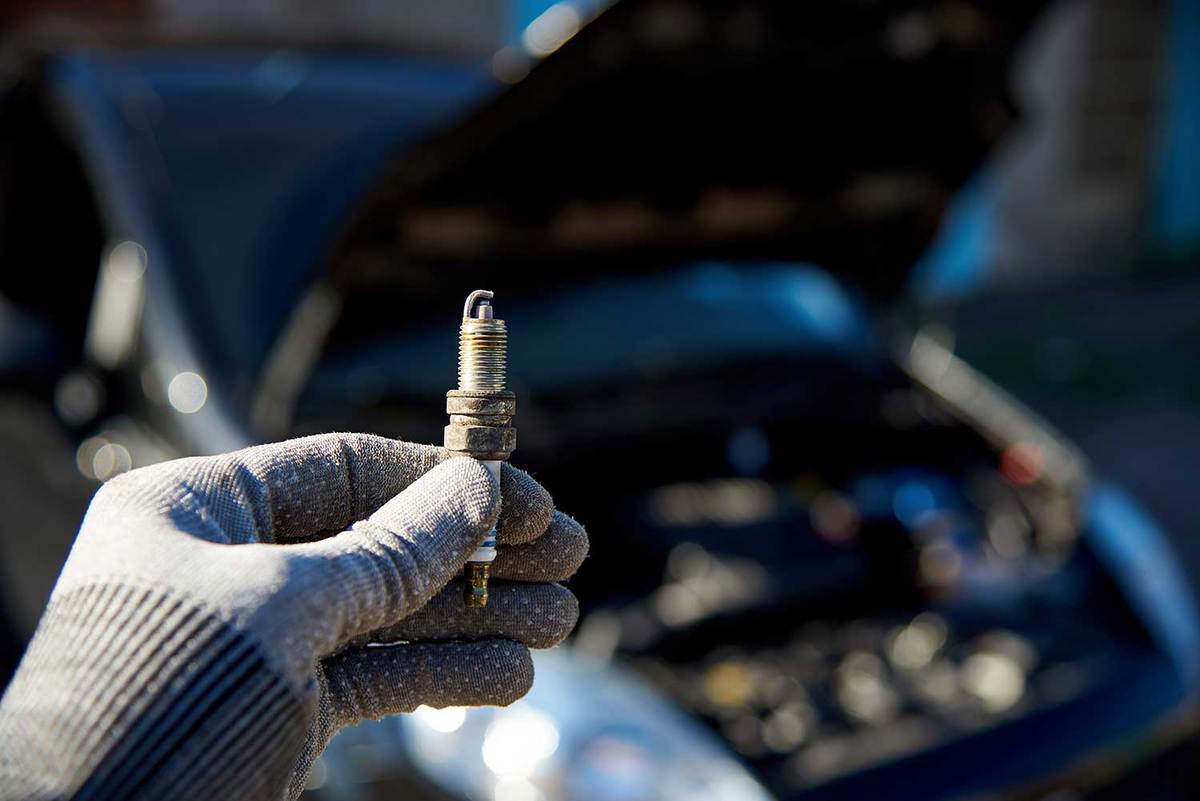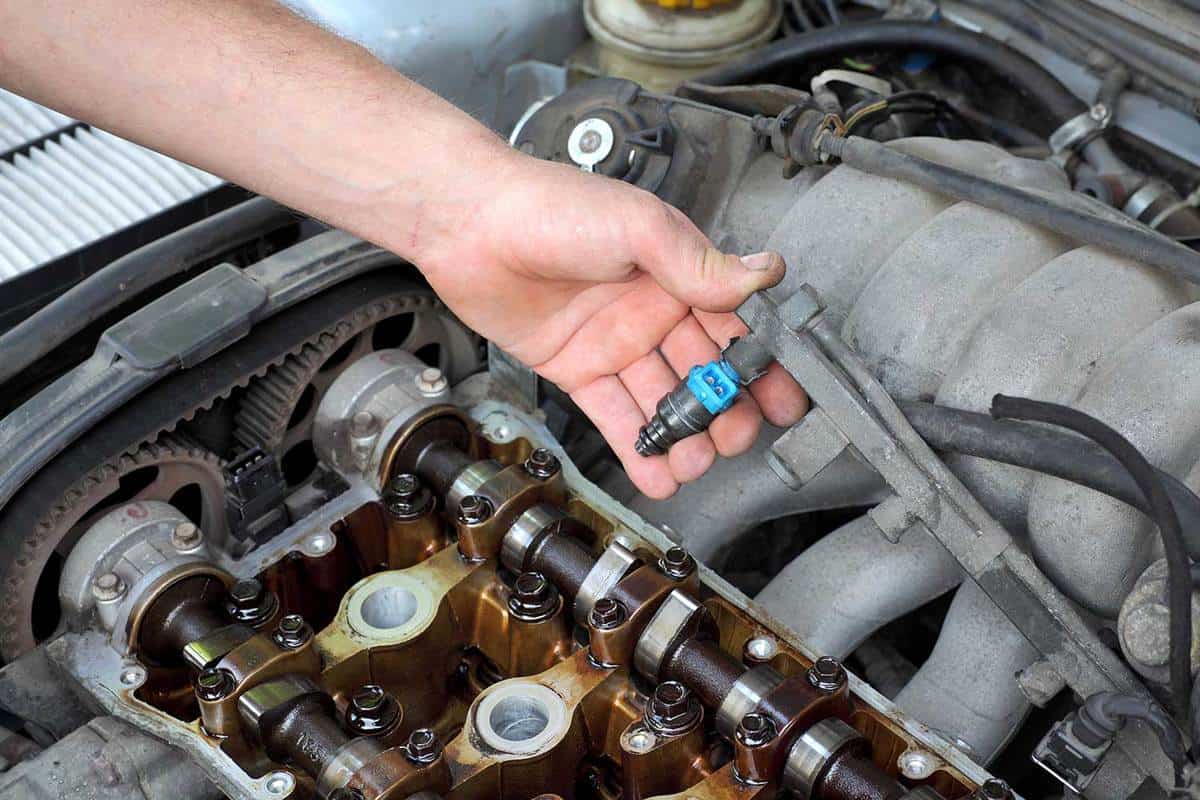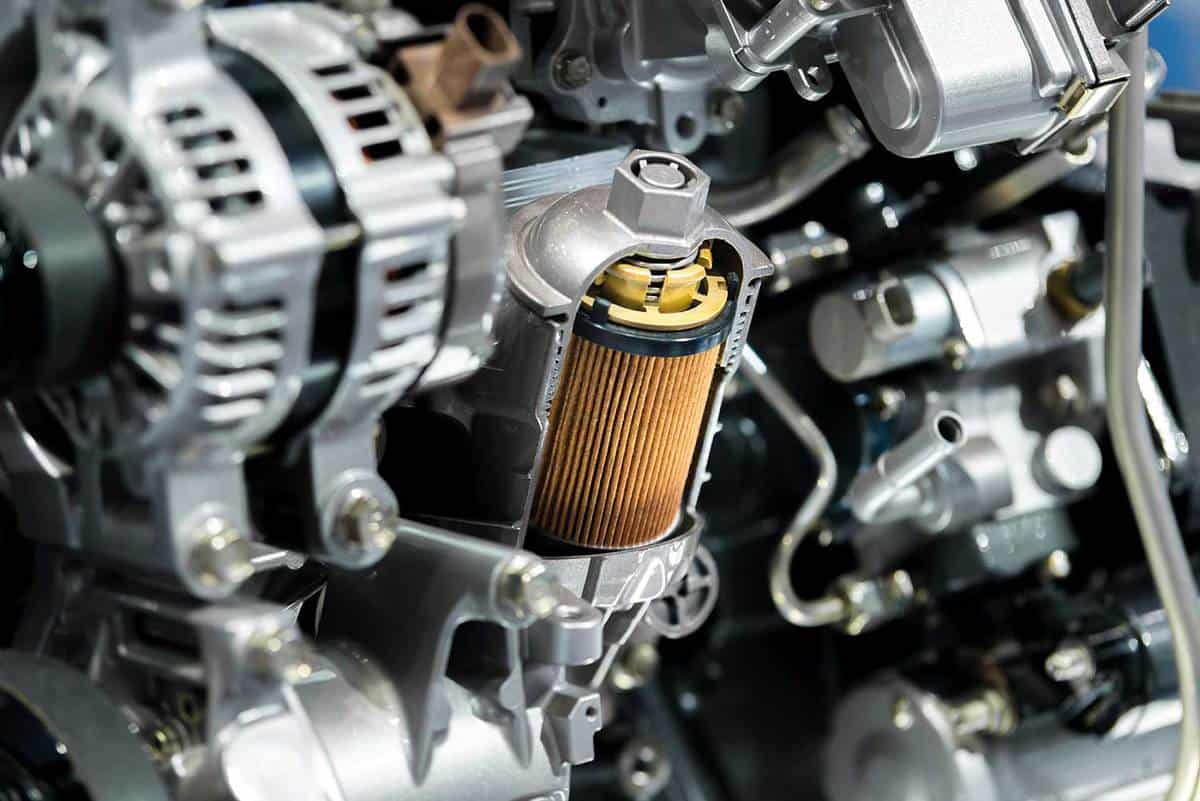 A jerking motion while driving your vehicle on the highway can be a scary feeling. Nobody wants to feel out of control when they are in a car driving down the highway. If this is happening to your car, diagnosing the problem and getting it repaired are important steps to take for your safety and the safety of your passengers. We've done the research and compiled a list of possible problems that could be causing your car to jerk when driving on the highway.
A jerking motion while driving your vehicle on the highway can be a scary feeling. Nobody wants to feel out of control when they are in a car driving down the highway. If this is happening to your car, diagnosing the problem and getting it repaired are important steps to take for your safety and the safety of your passengers. We've done the research and compiled a list of possible problems that could be causing your car to jerk when driving on the highway.
These are the typical parts that may need repairing if your car jerks at faster speeds:
- Spark plugs
- Fuel injectors
- Mass airflow sensor
- Fuel or air filter
- Fuel pump
- Transmission control module
- Acceleration cable
- Catalytic converter
Keep reading to find out more about each of these possible problems along with how to fix them. We'll also give the answers to some frequently asked questions.
Spark Plugs

If a spark plug is causing your car to jerk then you are in luck. Spark plugs are a cheap fix and can be done by a professional in less than an hour most of the time. The reason your car may be jerking is that when a spark plug has gone bad, it causes the engine to misfire and therefore make the jerking motion you are experiencing.
This is the best-case scenario because spark plugs cost anywhere from $16 to $100 at the very most.
Fuel Injectors

One of the defining factors of a bad fuel injector is not only a jerking motion when driving but also when stopped. A mechanic will be able to diagnose this problem fairly easily because fuel injectors are not too difficult to inspect.
There are a few solutions to bad fuel injectors. Usually, they are dirty, and that is the reason they cause misfires in the engine. If they are dirty, then a simple cleaning job may do the trick. Fuel injectors need to be cleaned every so often. If they are too dirty, they may need to be replaced completely. This is when they can get pricey.
The cost to replace a fuel injector can be around $1,100 or more. Because this is a delicate process since they cost so much to replace, we suggest taking your vehicle to a professional.
Mass Airflow Sensor
This problem is similar in that in affects the fuel injectors. The mass airflow sensor is meant to sense the amount of air going through the engine, which tells the fuel injectors how much fuel needs to be injected. When the airflow sensor is malfunctioning, the fuel injectors are not giving the engine the right amount of fuel. This causes the same outcome as a dirty fuel injector.
Luckily, this may be a cheaper solution than the fuel injectors themselves. The mass airflow sensor can cost anywhere from $300-$400 plus labor.
There is also a chance your mass airflow sensor may just need to be cleaned, in which case you can expect the cost to be much lower.
Air Or Fuel Filter

Air filters can get extremely dirty and cause malfunctioning in the engine. This happens because a dirty filter keeps good air out of the engine and therefore suffocates an engine, making it jerk around. This problem has a fairly affordable solution, as it costs under $30 to purchase a new air filter.
Dirty fuel could also be the case, and that would mean you may have to replace your fuel filter. These are also cheap fixes. They can be anywhere from $50-$200 or more depending on what type of car you have and where you take it.
How Do You Check The Engine Air Filter?
Engine air filters are located under the hood. They are typically housed in a black box with a hose attached to them for airflow. There are usually clips on the box for easy access, but there also may be another way to open it depending on your vehicle. Once you have it open you will see the air filter.
To evaluate the air filter, look for a dark faded coloring. A lot of air filters are white, but not all of them. Some are red, blue, etc. Don't focus on the actual color, just look to see if it is faded and dirty.
If you are unsure or if it is not obvious, take it to a professional and have them look it over. We always recommend a professional take a look at it. If you opt to take it to a mechanic, be sure to put the filter back in the housing before starting your vehicle, otherwise dirty, unfiltered air will be sucked into the engine.
Fuel Pump
If your fuel pump is the cause of the issue, then you can expect it to be a little more serious than an air or fuel filter. When a fuel pump is not able to give the engine the fuel it needs, your engine will try to run as if it is getting the right amount but it will struggle because it is not.
The average price to replace a fuel pump ranges from $400-$600.
Transmission Control Module
The transmission control module is a part found in cars with an automatic transmission. It is responsible for helping the car change to different gears. If your car is jerking only when it seems to change gears then this may be the problem your vehicle is experiencing.
This can be another hefty expense, costing anywhere from $500-$1,000 to replace.
You do not have to worry about this being a problem if you own a car with a CVT (continuously variable transmission which is found in most hybrids), electric cars, or vehicles with manual transmissions.
Acceleration Cable
Newer vehicles will not have this problem. Acceleration cables were used in older vehicles as a way for the floor pedal to tell the engine how fast it needs to go. It was a simple cable that was pulled either tighter or looser to physically control the engine. Nowadays, this cable has been replaced with wire and electronics.
If you do own an older car, your acceleration cable may be worn to the point that it slips and can't control the engine correctly. This would cause your car to jerk or move unintentionally when accelerating.
The cost to replace this cable is between $200-$400.
This is a particularly dangerous problem to have, so we suggest getting it fixed as soon as possible. Your accelerator cable could snap and break, which would cause you to lose complete control over the acceleration of the vehicle, which could lead to a major injury.
Read morE: Car Won’t Accelerate When Pressing The Gas – What Could Be Wrong?
Catalytic Converter
If your acceleration cable is fine, but your car is still jerking when you're accelerating then there might be a problem with your catalytic converter. This is in charge of the emissions that come from your vehicle. They pull all the bad toxins from your gas and car to keep them from hurting anyone or anything. If your catalytic converter gets clogged then it may cause your engine to jerk around and malfunction.
The typical cost of a catalytic converter replacement is $500-$1,500 or more.
What Are The Signs Of Air/Fuel Mixture Problems?
There are a few signs you may start to see if the air and fuel are not mixing properly. First, you may experience jerking when driving your car. You may also experience a rough ride ever when you are just idling. Lastly, if this problem goes on for too long then you will notice a drop in your MPG. Since nothing can mix properly, your fuel will get used up faster.
What Are The Signs Of A Vacuum Leak?
Most of the time, a vacuum leak will cause your car's idle to be rough, a jerking feeling when driving, high RPMs that are out of the ordinary, and loud sounds coming from the engine. While this may be the cause of your jerking car, these other symptoms we talked about are typically paired with it as well.
In Closing
All in all, your safety is the biggest concern when it comes to an engine misfiring. That is why in all these situations we suggest taking it to a professional so they can thoroughly rule out all the possible problems before fixing it.
While there's a chance it could cost $2,000 or more to fix, there's also a good chance it's a simple fix. No matter what it is, you can take great care of you, your loved ones, and your car by getting it fixed the right way in a timely manner.
Before you go, be sure to check out these other guides -

I’m driving a polo 2006 model it start jerking when I’m doing 100km per hour